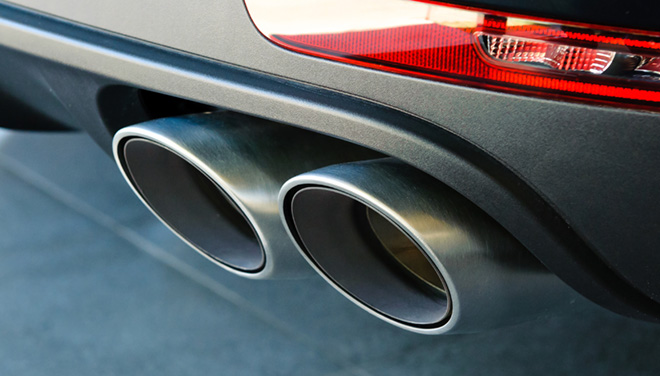Over 288,000 American workers are employed building technologies for the auto industry to reduce pollution and improve gas mileage, according to a new report from the Natural Resources Defense Council.
“Supplying Ingenuity II: U.S. Suppliers of Key Clean, Fuel-Efficient Vehicle Technologies,” a joint production of NRDC and the BlueGreen Alliance, finds that hundreds of thousands of Americans are employed in 1,200 manufacturing and engineering facilities across 48 states to build the technologies that help automakers to meet vehicle fuel efficiency standards.
Over the years, automakers have consistently claimed that new efficiency and safety regulations – from seat belts to air bags to catalytic converters to the current regime of emissions reductions – would impose impossible burdens on the industry (former EPA official Margo Oge documents the long and ongoing struggle in her book, Driving the Future).
However, the fact is that, since 2009, the US auto industry has added nearly 700,000 retail and manufacturing jobs, at the same time meeting ever-stronger federal and state standards and achieving record sales.
With an anti-regulation regime in Washington, automakers are making a new push to water down vehicle standards. NRDC argues that this would stifle innovation and put US automotive jobs at risk.
Emissions standards not only reduce air pollution, they save consumers money – more than $36 billion since 2012, according to the new report. American drivers are expected to save over a trillion dollars in fuel cost over the lives of vehicles made under the current standards, which extend to 2025.
The future of manufacturing lies in high technology, and international competition in the auto industry is fierce. As Charged and many others have argued, clear government support and smart initiatives, from the federal CAFE standards to California’s ZEV mandate to federal and state charging infrastructure investment to basic and applied research at the national laboratories, are the backbone of American innovation.


















































































